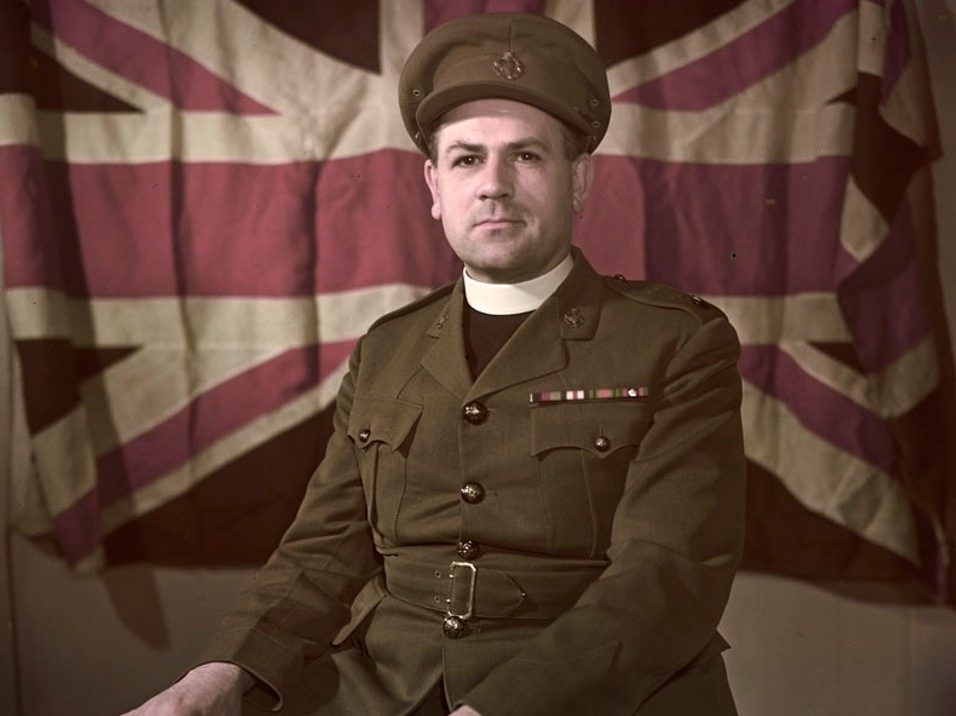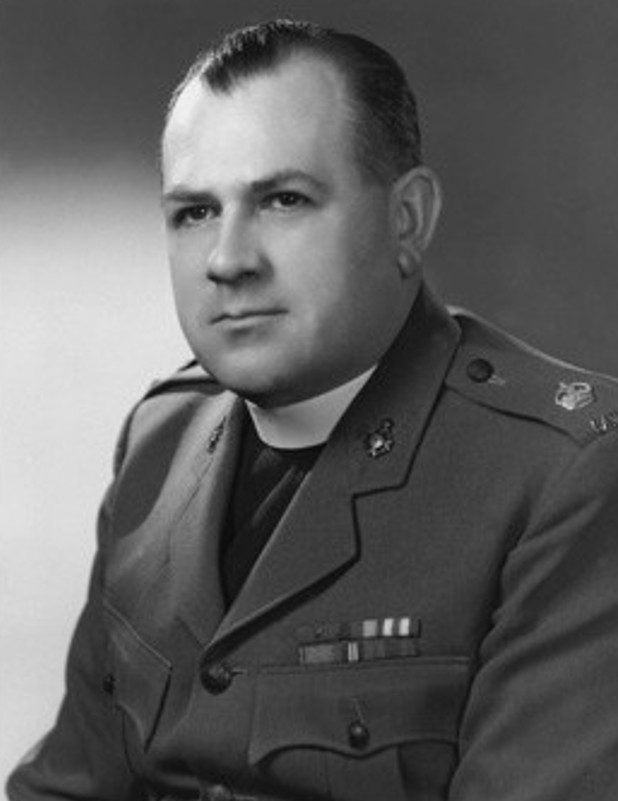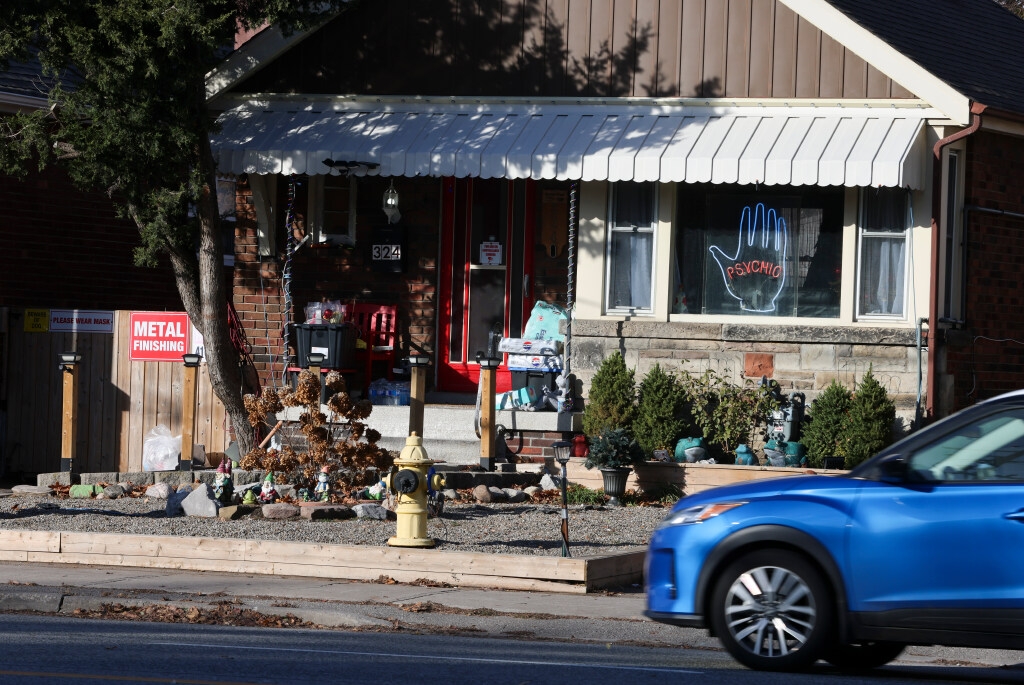The Victoria Cross. The very name echoes with courage, sacrifice, and the highest form of battlefield gallantry. It’s Britain and the Commonwealth’s most prestigious award, reserved for those who demonstrate extraordinary bravery in the face of the enemy. But among the countless recipients, one story stands apart – the tale of Reverend John Weir Foote, a Canadian chaplain who defied expectations and redefined heroism.
Born in a small Ontario town in 1904, John Foote’s path wasn’t initially forged in military ambition. He was a man of the cloth, educated for a life of spiritual guidance, serving congregations in Quebec and Ontario. Yet, when the shadow of the Second World War fell across the world, Foote felt a profound calling – a duty to serve not just souls, but his country.
He enlisted in the Royal Canadian Army Chaplain Corps in 1939, becoming the Regimental Chaplain for the Royal Hamilton Light Infantry. When the battalion shipped to England in 1940, Foote went with them, prepared to offer solace and strength. Little did he know, his faith and compassion would soon be tested on the blood-soaked beaches of Dieppe.

Operation Jubilee, the raid on Dieppe in August 1942, was a disaster. The Canadian forces faced a brutal, unrelenting enemy. Foote wasn’t even slated to land with the first wave, but he refused to stay behind. He boldly informed his commanding officer he *was* going, and dared him to arrest him for disobedience. His determination was unwavering.
The scene that unfolded on the beach defies easy description. Under a relentless barrage of enemy fire, Foote moved among the wounded, a beacon of calm amidst the chaos. He wasn’t a combatant, yet he risked everything, carrying over thirty soldiers to safety, offering both physical aid and spiritual comfort.
Witnesses described a scene etched forever in their memories: a large, imposing chaplain calmly walking the fire-swept beach, collecting the fallen, his courage radiating outwards. It was a display of selfless bravery that inspired those around him to fight on, even as hope dwindled.

As the evacuation began, Foote volunteered to stay with those too injured to leave, offering them what comfort he could. But his actions didn’t stop there. Disregarding his non-combatant status, he seized a Bren Gun and provided covering fire, shielding his comrades during their desperate retreat – an act almost unthinkable for a man of his calling.
For his extraordinary heroism, Reverend Foote was awarded the Victoria Cross. The citation spoke of “utter disregard for his personal safety” and a “gallant effort” that saved countless lives. His example, it stated, “inspired all around him.”
Foote was captured along with his comrades and spent the remainder of the war as a prisoner of war, finally being released on Victory in Europe Day in 1945. He returned to Canada a hero, but his service didn’t end there.
He continued to serve as a chaplain, eventually receiving his VC from King George VI at Buckingham Palace in 1946 – the only member of the Royal Canadian Chaplain Service to ever receive the honour. Later, he transitioned to a career in politics, serving as a member of the Ontario Legislature.
Throughout his life, Foote remained connected to the RHLI, serving as its Honourary Lieutenant-Colonel. His legacy lives on in the renamed James Street Armoury in Hamilton, now the Lieutenant-Colonel John Weir Foote, VC, CD Armouries, and in the display of his medals at the RHLI Museum.
Reverend John Weir Foote passed away in 1988, but his story continues to resonate. He was a man who embodied the highest ideals of courage, compassion, and selfless service – a true hero whose actions on the beaches of Dieppe will never be forgotten.





